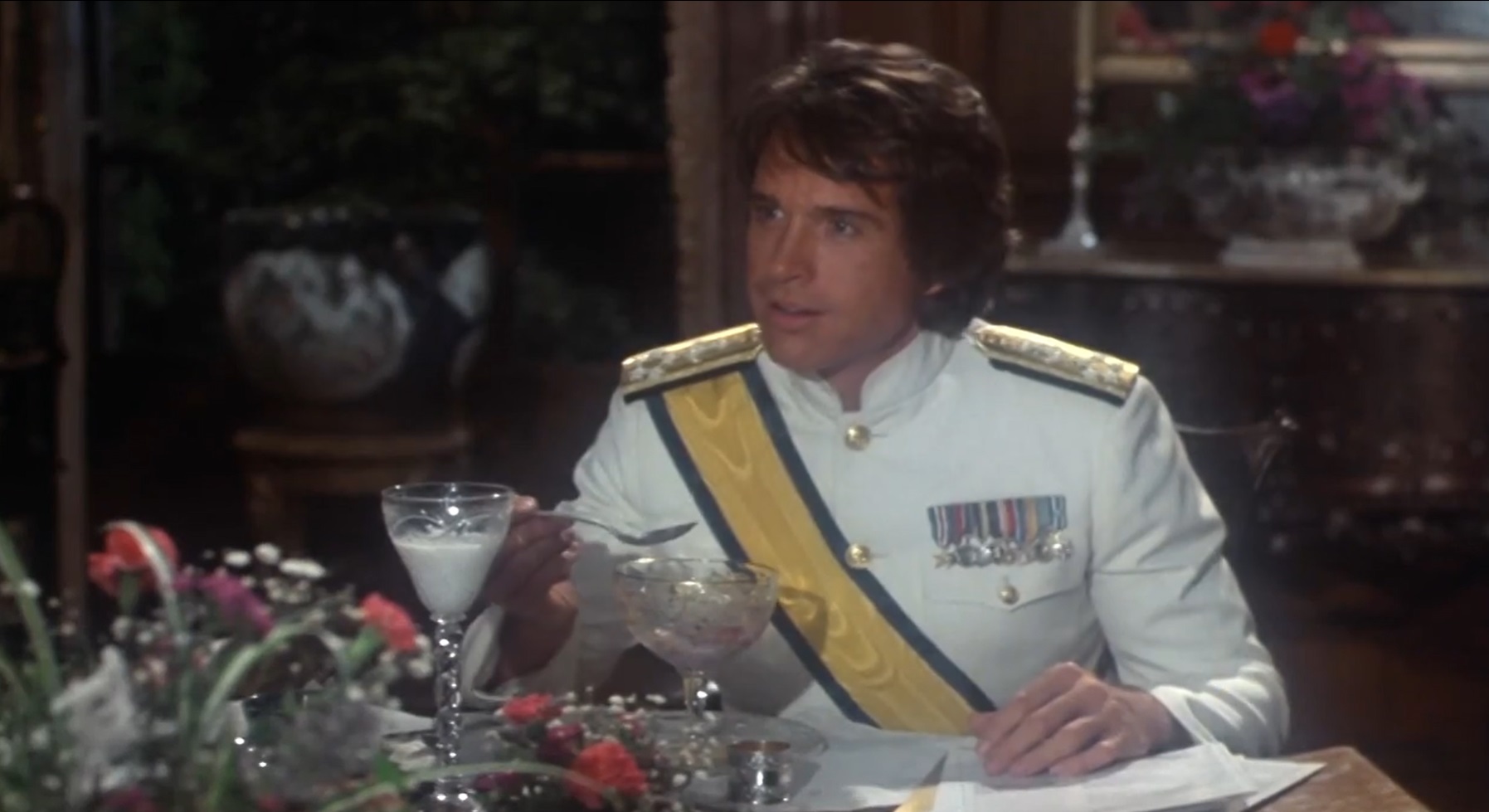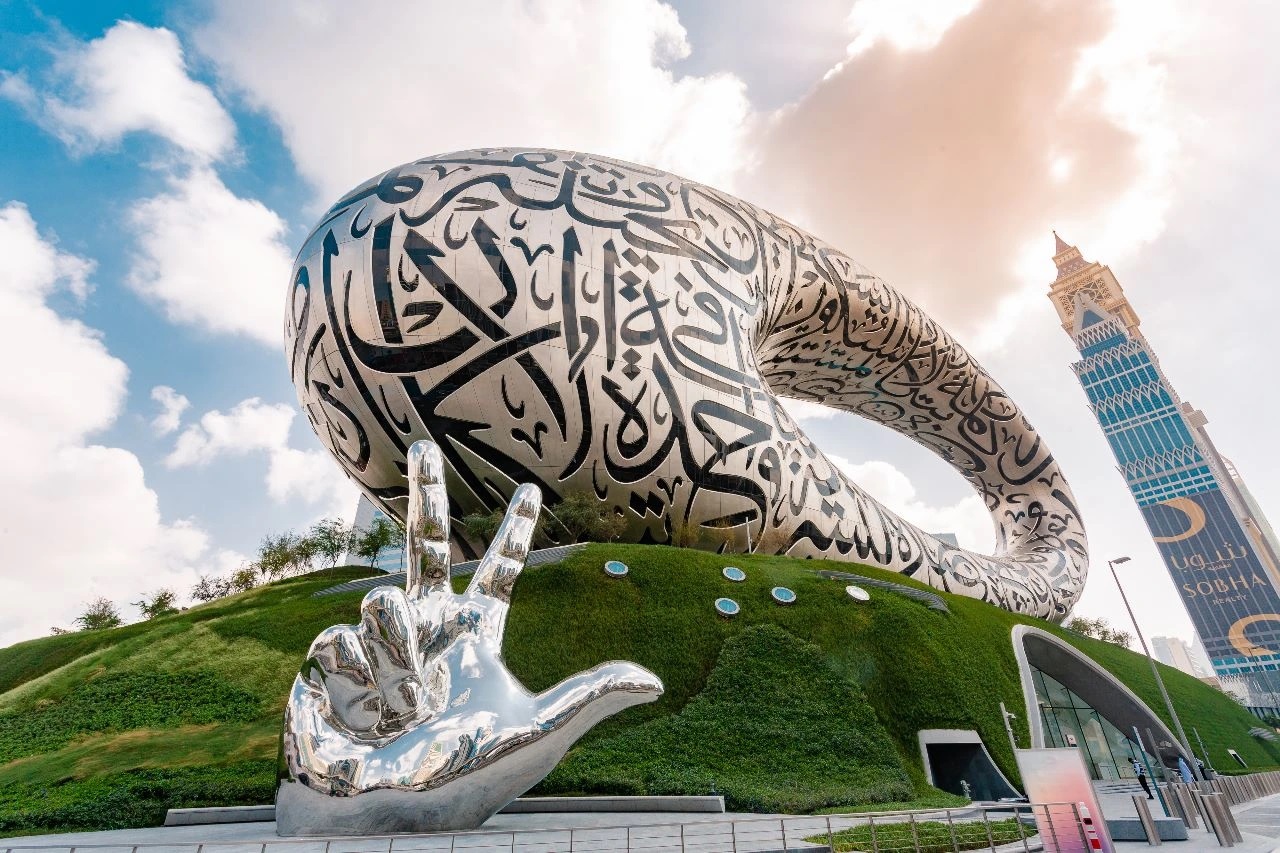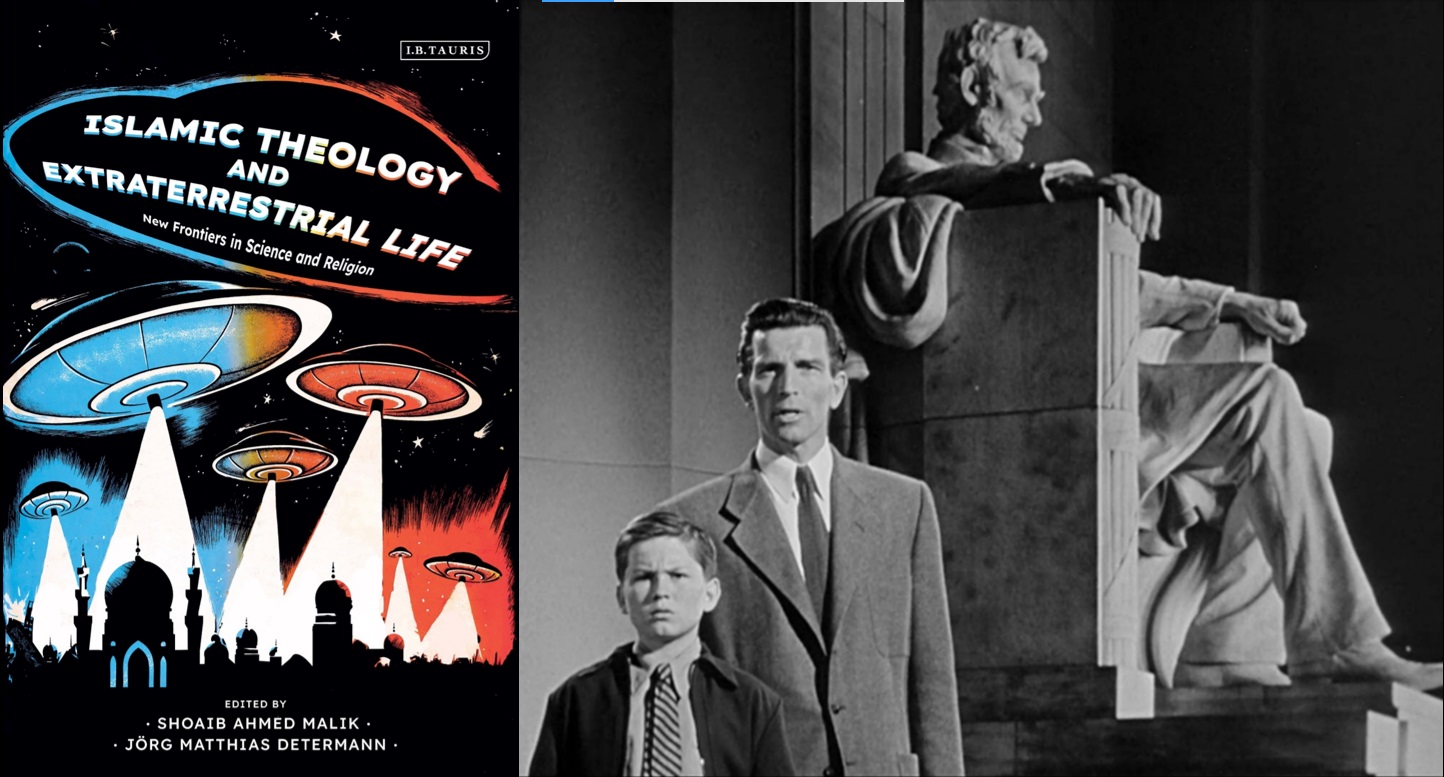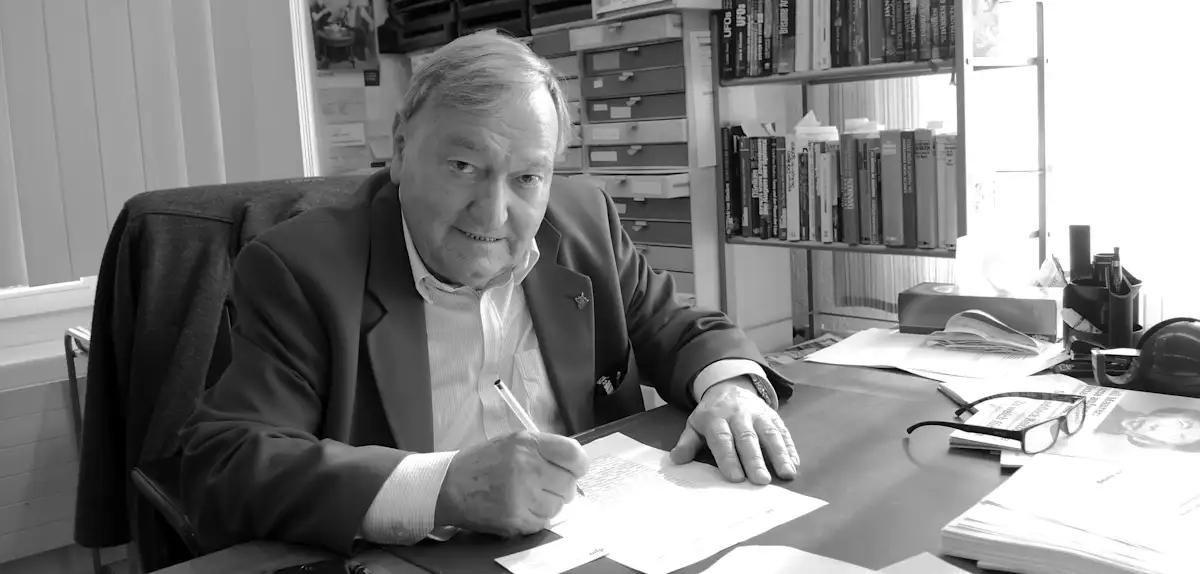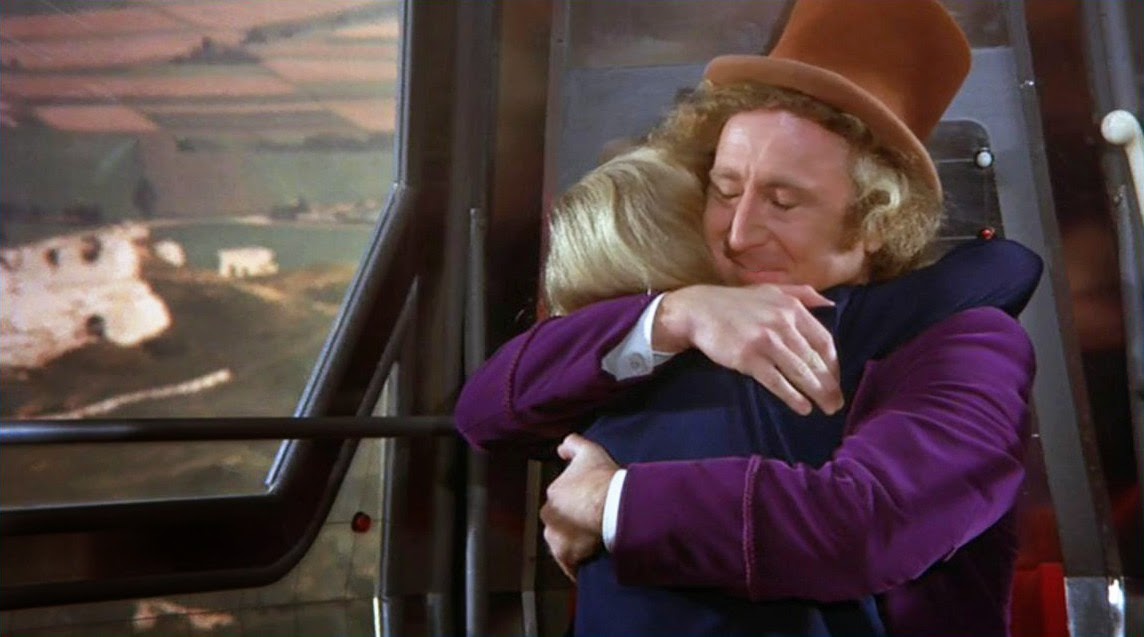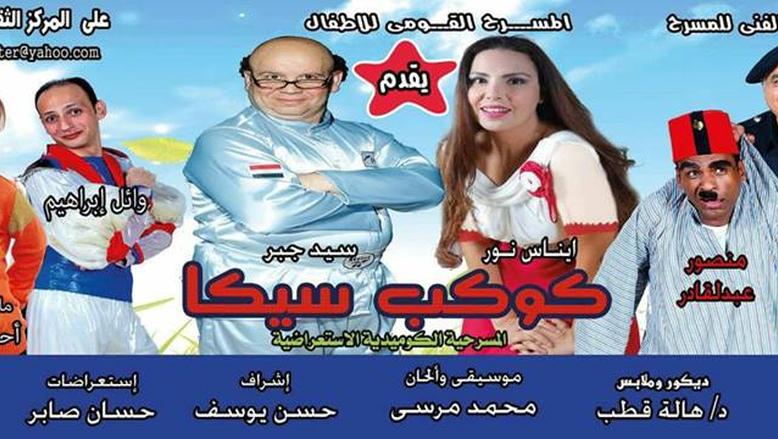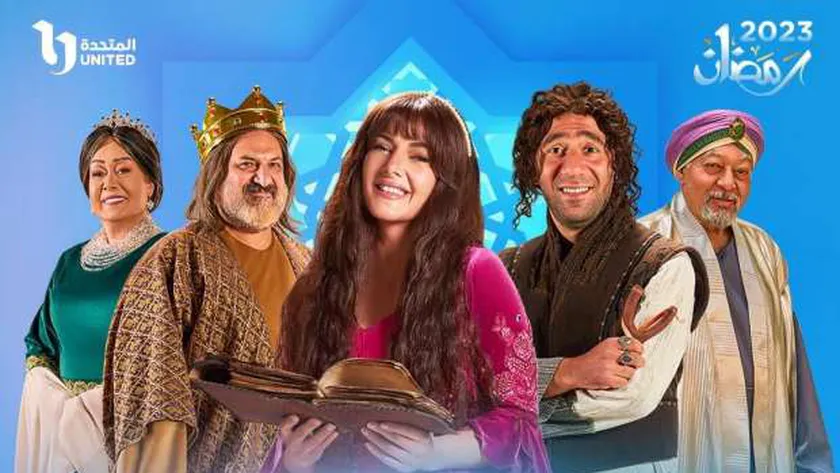
Attended a gripping literary and intellectual event the other day at the Insan bookstore, an open discussion about a book that influenced you and the issues it raises. The owner of the bookshop Dr Sameh Shaker responded to a comment about cultural interaction and the Other by asking why there should an ‘other’ to begin with.
By Emad Aysha
My Sudanese friend El-Mubarak Saleh made the initial comment. So I chipped in to support him from a fictional science point of view. We need different societies, cultures, and civilisations for two primary reasons.
One is specialisation; the other is the self-realisation from such diverging specialisations. I illustrated this concerning SF, thinking about Star Trek the whole time. Imagine you had an entire planet, an alien race and civilisation dedicated to pursuing reason, a purely logical, unemotional people.
Then another civilization that was the exact opposite, governed by passions and unrestrained emotion and anger. And one which is all about money and self-interest and materialism, etc.
Of course, what I meant by these examples were the Vulcans (Spok’s people), the Klingons, and the Ferengi. Science fiction is all about world-building and what if’s, and those, in turn, are about thought-experiments. Having an entire civilisation around a single core value, be it reason or greed or aggression, spirit, romance or selflessness, etc. Doing that allows you to focus your energies on a single pursuit and explore it to the fullest, and in the process, somebody from a different race/civilisation can see himself in the mirror and realise what is lacking in his kind of world.
The same, of course, is the case in reverse. That happens in fantasy, too, as one of the organizers, Rasha Shahid, mentioned. Exactly true! Just look at the beautiful fantasy series Gat Salima (جت سليمة) that came in the second half of Ramadan, here on Egyptian TV, with the lovely and talented Donia Samir Ghanem playing a clueless nerdy girl with no personality named Salima.
Her father is dead and her uncle and evil mother-in-law want to sell her father’s bookshop to some lowlife fast food joint and destroy all the books. Her mother-in-law also wants to parcel her off to her fiancé, a vulgar buffoon who won’t even fork up some cash for their marriage. She then finds a magical text and gets catapulted into a fairy tale kingdom with her kid brother Omar, played adorably by Adam El-Nahas.
The evil king Tamaan (or ‘the greedy’) holds her brother hostage and forces her to go on a quest for the remaining portions of the magical book, and this brings her to a city ruled by a woman tyrant this time, a queen with an oversized nose that won’t allow men into her kingdom or allow any of the female residents to own a mirror. She insists she’s the prettiest in the land, a wonderful city full of flower gardens, clean streets, and lovely, welcoming people, but in reality, she hates herself, having been picked on as a little girl for her oversized nose.
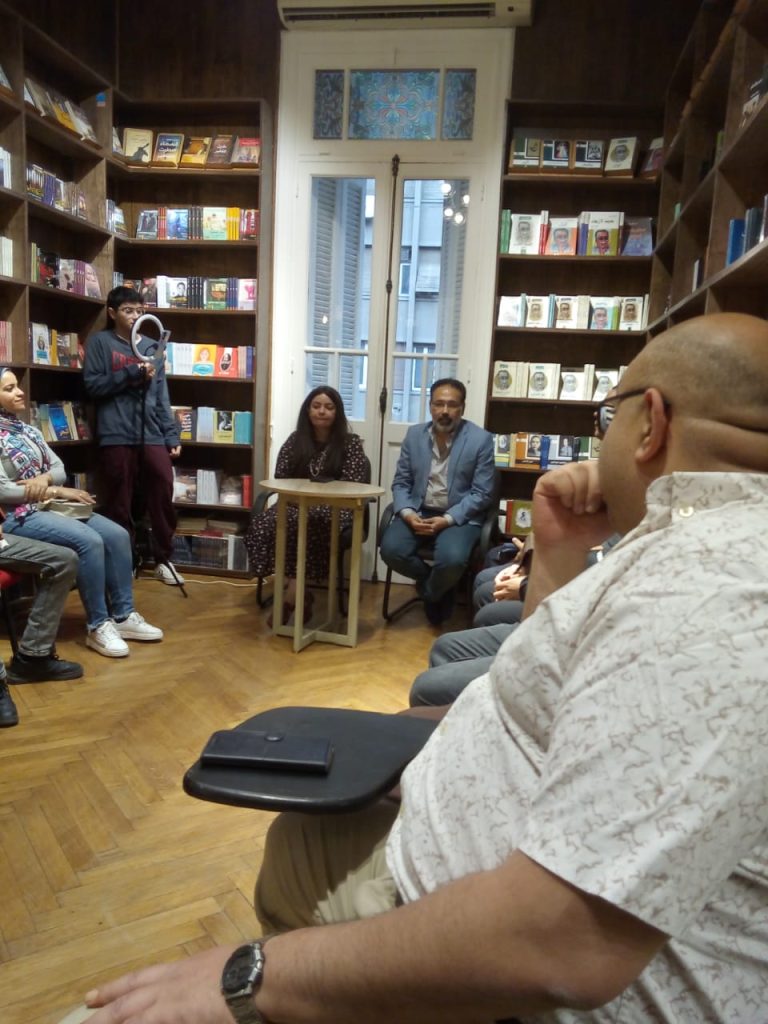
By coincidence her name is Rihana, a kind of flower. The third kingdom that Salima goes to is run ‘ignorant’ king Gahlaan (means ignorant), a man who can’t read and write and has made books and math and any knowledge – even drawing in picture books – illegal. His imperial staff, however, are robbing him because he can’t read the ledgers for imports and exports to realise what’s happening.
There’s lots of other stuff going on in the series but I’ll stick to world-building for now. Each city represents a different world built around a central concept or value – greed, pomposity, ignorance – and in the process, Salima learns to mature as a person. She knows now to make up her mind about the future course of her life, learning from each value system while pointing out how incomplete each kingdom is by itself.
Raw emotion, what the ignorant king has, is not enough since he loves his bride but doesn’t know how to be romantic around her. Beauty is great but if you keep it all to yourself, it becomes selfish and self-defeating, so humility and helping others be happy is called for. Greed and ambition help make you wealthy and powerful but don’t bring real happiness and can lead you to hurt those you love the most.
But you couldn’t explore these values and their pitfalls without having a whole row of ‘others’ coexisting and bouncing off each other. Science fiction does this, too, in a more social science way and on a bigger, often galactic scale.
I can’t believe I’m saying this but the microcosmic fantasy way is better. You’re more in control of world-building, and the moral lessons are more potent. Thought-experiments aren’t just about social structures and civilisations but personal happiness, and fulfilment.
The language of fantasy is also more universal; Western fairytales often employ myths and motifs from Oriental tales, and Gat Salima has aristocratic and Medieval imagery from the West itself. There’s also borrowings from Cinderella and Beauty and the Beast.
Social realism is sorely lacking in these departments, macro- and micro-building, and it’s great to see Ramadan TV in Egypt gradually but indeed returning to its fantastical roots. We all miss Shirihan’s The 1001 Nights, whether it’s colourful exotic worlds or real-world political messages about rulers and ruled.
A Farsi-speaking friend explained to me that Shahrazad means friend of the city, from ‘zad’, while Shahrayaar means ruler of the town. That’s what Salima does in her own more hilarious way, spreading a lot of love and understanding towards the Other along the way.
Gritty realism meets space opera, where revelling in difference leads explicitly to acceptance. So there’s hope yet, for educational television!

